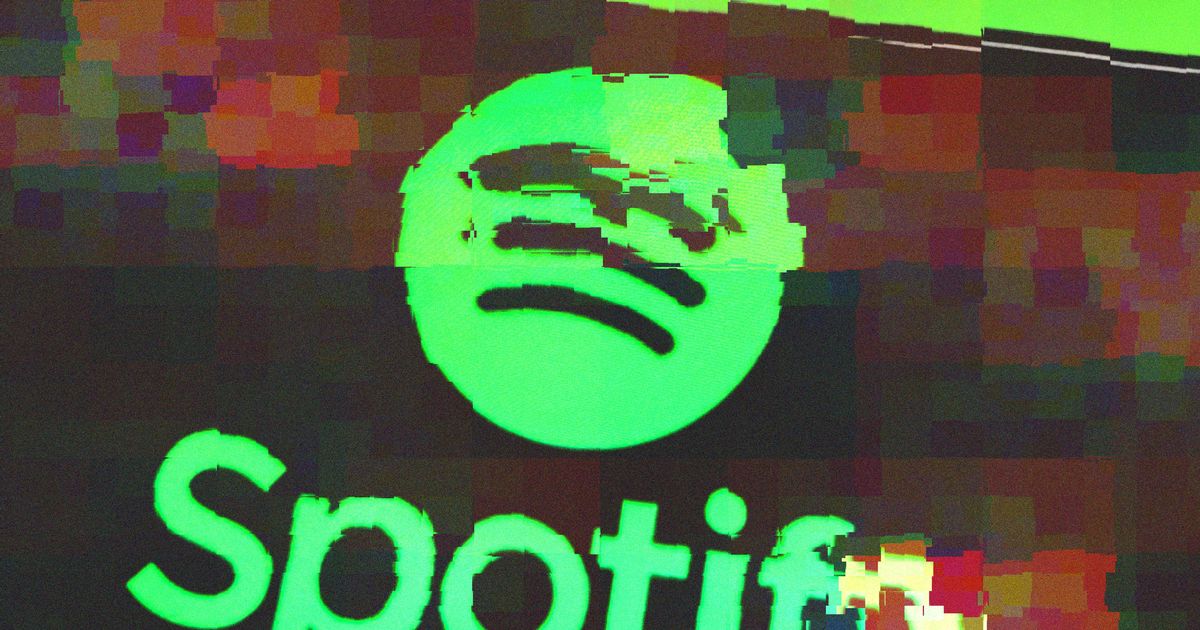The Impact of Spotify on the Music Industry Revealed
Kernkonzepte
Spotify's dominance in the music industry is reshaping how artists earn a living, with implications for revenue streams beyond streaming services.
Zusammenfassung
Spotify's rise to prominence has significantly altered the landscape of the music industry. While platforms like Bandcamp provided refuge for artists seeking independence from streaming economics, Spotify's initiatives like the "Merch Hub" and live ticket sales are consolidating its position as a central player in artist monetization. Despite its massive user base, Spotify's financial struggles and contentious relationships with artists raise questions about the sustainability of its model and the impact on creators' earnings.
Zusammenfassung anpassen
Mit KI umschreiben
Zitate generieren
Quelle übersetzen
In eine andere Sprache
Mindmap erstellen
aus dem Quellinhalt
Quelle besuchen
nymag.com
Spotify Is Eating the Entire Music Business
Statistiken
In 2022, streaming services accounted for 84 percent of recorded music revenues.
Spotify lost 430 million euros in 2022 despite having nearly half a billion users worldwide.
More than half of Spotify's listeners use the free, ad-supported tier.
Zitate
"Hey, we’re the only game in town. Might as well play." - Unknown Artist
Wichtige Erkenntnisse aus
by John Herrman um nymag.com 10-20-2023
https://nymag.com/intelligencer/2023/10/spotify-is-eating-the-entire-music-business.html
Tiefere Fragen
How can artists navigate their reliance on streaming platforms like Spotify for income?
In navigating their reliance on streaming platforms like Spotify for income, artists can employ a multi-faceted approach. Firstly, diversifying revenue streams beyond just streaming royalties is crucial. This includes focusing on live performances and merchandise sales, which have become increasingly important sources of income for many musicians. Additionally, leveraging social media and other digital platforms to engage directly with fans can help in building a loyal fan base that supports the artist through various means such as crowdfunding or direct purchases. Collaborating with brands or securing sync licensing deals can also provide additional revenue streams outside of traditional music distribution channels.
Is Spotify's approach to artist compensation fair given its market dominance?
Spotify's approach to artist compensation has been a subject of debate within the music industry due to its market dominance and impact on artists' earnings. While Spotify has played a significant role in shaping how music is consumed globally, concerns have been raised about the fairness of its royalty payouts, especially for smaller or independent artists. The platform's complex payment structure often results in minimal earnings for individual musicians unless they achieve substantial stream counts. Furthermore, factors such as the prevalence of free ad-supported tiers diluting payouts add to the challenges faced by artists seeking fair compensation from streaming services like Spotify.
How might emerging technologies shape the future relationship between musicians and streaming platforms?
Emerging technologies are poised to reshape the future relationship between musicians and streaming platforms in several ways. One key development is the rise of blockchain technology, which offers potential solutions for transparent royalty payments and rights management in the music industry. By utilizing blockchain-based systems, artists could receive more equitable compensation directly from consumers without intermediaries taking large cuts. Artificial intelligence (AI) tools are also being integrated into streaming platforms to enhance personalized recommendations and analytics for both listeners and creators. These AI-driven insights could empower musicians to better understand their audience preferences and tailor their content accordingly, leading to more effective promotion strategies and potentially higher revenues from streaming services over time.
0
